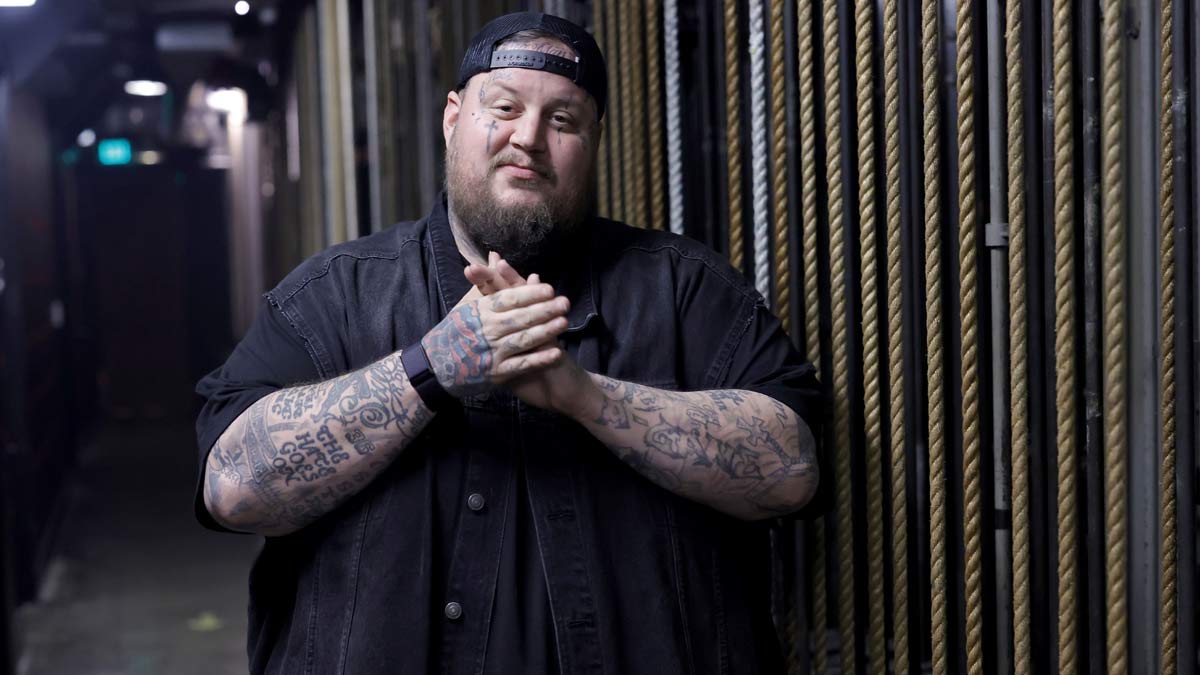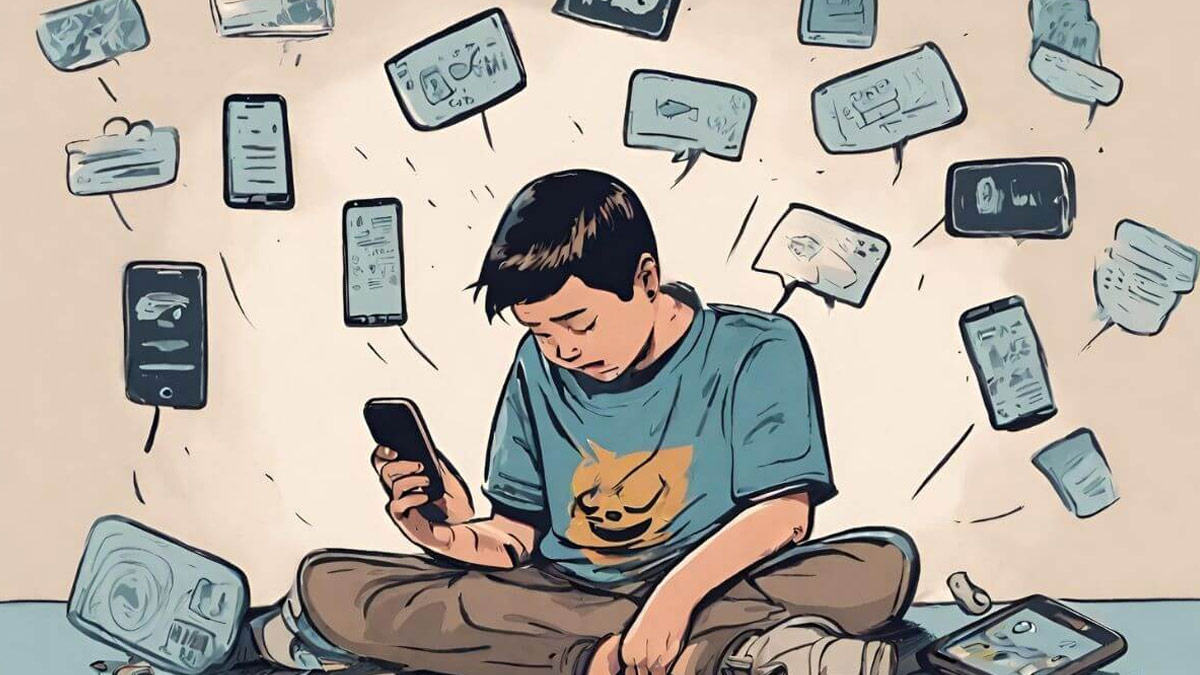
In a candid announcement, country music star Jelly Roll, known off-stage as Jason Bradley DeFord, recently expressed his frustration with the social media platform X, formerly known as Twitter. On October 20, the 39-year-old singer made it clear to his fans that he would be distancing himself from the platform, calling it the "most toxic negative app to exist ever." His message was straightforward and echoed the sentiments of many who have experienced the darker side of social media.
Table of Content:-
Jelly Roll's decision comes on the heels of increasing awareness about the adverse mental health impacts of online bullying. His wife, Bunnie Xo, also opened up earlier this year about the cyberbullying her husband has faced, especially related to his weight. "My husband got off the internet because he is so tired of being bullied," she said during her April 24 episode of the Dumb Blonde podcast. Her emotional revelation highlights the damaging effects of constant online harassment, even for public figures who are often expected to handle such negativity.
The Toxic Culture of Cyberbullying on Social Media
Jelly Roll’s comments about X being a "safe place for everyone to say mean s— to each other with no consequences" reflect a broader issue facing not only celebrities but everyday users of social media. The anonymity and accessibility of these platforms often embolden individuals to engage in hurtful behaviour, knowing that they are unlikely to face real-world repercussions. As Jelly Roll stated in his post, the environment on X has become a "Wild West" where toxic behaviours thrive unchecked.
View this post on Instagram
The problem of cyberbullying is not exclusive to X, but it is emblematic of a larger issue plaguing many digital spaces. The persistent negativity and bullying can lead individuals to distance themselves from these platforms, as Jelly Roll has chosen to do. Unfortunately, the damage caused by such bullying extends far beyond the digital world.
Cyberbullying and Its Impact on Mental Health
Cyberbullying, defined as using digital platforms to harass, threaten, or belittle others, can have devastating effects on the mental health of both victims and perpetrators. It manifests in various ways, from hurtful comments to sharing private information or images without consent. While the bullying may seem virtual, its impact is all too real and can lead to severe emotional distress.
Also Read: Jennifer Lawrence Expecting Second Child; How Does Second Pregnancy Differ From the First?
For victims, the consequences can be long-lasting. Research shows that individuals targeted by cyberbullies often experience anxiety, depression, loneliness, and low self-esteem. Many suffer in silence, reluctant to speak out due to fear, embarrassment, or shame. In some cases, the bullying can escalate to suicidal ideation, a tragic reminder of how harmful online harassment can be.
Children and teenagers are particularly vulnerable to the effects of cyberbullying. A study conducted in 2019 found that youths involved in cyberbullying, whether as victims or perpetrators, are at a higher risk for mental health issues, including depression and anxiety. Unlike traditional bullying, where victims can find solace at home, cyberbullying invades the sanctity of personal space. The attacks can persist 24/7, making it difficult for victims to escape the constant barrage of negativity.

Adults, too, are not immune to the effects of cyberbullying. In the case of Jelly Roll, the constant online harassment about his weight has had a profound impact. His wife, Bunnie Xo, spoke about how deeply it hurt him, even though he often concealed his pain from the public. Her words, "It hurts him," remind us that celebrities, despite their fame, are human beings who feel the sting of hurtful words just like anyone else.
The Hidden Dangers of Cyberbullying
The dangers of cyberbullying extend beyond the immediate emotional impact. Long-term exposure to such negativity can lead to a range of mental health issues, including increased social isolation, substance abuse, and chronic sadness. For many, the cumulative effect of ongoing harassment is devastating, leading them to withdraw from both their online and offline lives.
In some extreme cases, cyberbullying has led to tragic outcomes. Bunnie Xo’s emotional plea for people to recognise the seriousness of this issue is a sobering reminder. "Do you know how many people kill themselves from being bullied a year?" she asked, pointing to the very real consequences that online bullying can have.
Bottomline: Moving Toward Healthier Online Spaces
Jelly Roll’s decision to step away from X underscores the need for social media platforms to take cyberbullying more seriously. While these digital spaces can connect people, they also have the potential to harm, especially when users abuse the anonymity and reach they provide. It is vital for both users and platform administrators to recognize the damaging effects of cyberbullying and work towards creating safer, healthier online environments.
Ultimately, as individuals, we need to foster empathy and kindness in our interactions online, understanding that the words we type can have profound effects on others. Jelly Roll’s experience serves as a poignant reminder of the power of words and the responsibility we all have to use them wisely.
Also watch this video
Read Next
Minimally Invasive, Maximal Impact: Robotic Surgery In Lung and Oesophageal Cancer Treatment
How we keep this article up to date:
We work with experts and keep a close eye on the latest in health and wellness. Whenever there is a new research or helpful information, we update our articles with accurate and useful advice.
Current Version